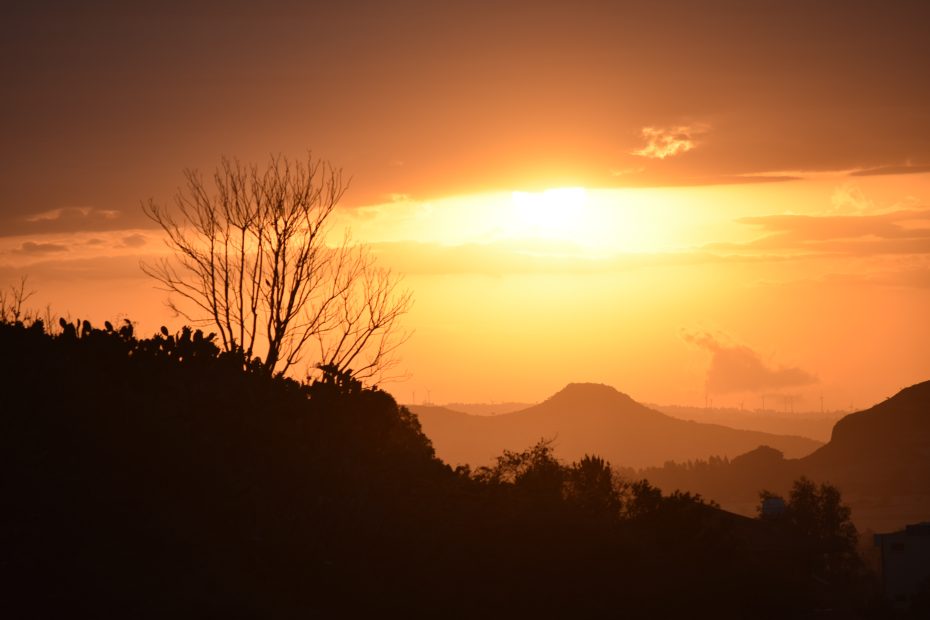Ethiopia is a country rich in cultural and religious traditions. Throughout the year, Ethiopians celebrate various festivals that provide a window into the history and diversity of this ancient land. From the prominent Timket festival to the colorful Irrecha gathering, Ethiopia’s festivals showcase unique rituals, cuisine, music and attire.
Table of Contents
Overview of Ethiopian Festivals
Ethiopian festivals can be divided into three main categories:
Religious Festivals
- Timket: The most important religious holiday in Ethiopia, Timket celebrates the baptism of Jesus Christ. Held in January, it draws crowds who gather at churches to view the Tabot, a replica of the Ark of the Covenant.
- Meskal: Meskal, meaning “cross,” takes place in September or October to commemorate the discovery of the True Cross. Bonfires are lit and songs are sung during the festival.
- Genna: Genna is the Ethiopian Christmas, observed on January 7th per the Ethiopian calendar. Churches hold elaborate services and people don their finest clothes.
Cultural Festivals
- Ashenda: Taking place in August in the Tigray region, Ashenda is a week-long festival when girls don traditional dresses and engage in singing and dancing competitions.
- Irrecha: Occurring in October at Lake Hora, Irrecha gathers the Oromo people to give thanks and pray for peace and prosperity.
Modern Festivals
- Great Ethiopian Run: Launched in 2001, this annual road running event attracts over 40,000 participants each November.
- Addis Foto Fest: Instituted in 2010, this festival held in December promotes photography in Ethiopia and across Africa.
Significance of Festivals
Ethiopian festivals hold cultural and social importance by:
- Preserving the country’s ancient traditions and heritage
- Strengthening community bonds as people unite to celebrate
- Promoting cultural tourism and attracting visitors
Unique Aspects of Ethiopian Festivals
Some distinguishing features of Ethiopian festivals include:
- Vibrant colors and attire: Many celebrations feature brightly colored traditional clothing.
- Food and music: Special dishes are prepared and music accompanies rituals.
- Religious ceremonies: Several festivals incorporate services, prayers and processions.
Major Festivals to Experience
Three exemplary festivals for visitors are:
Timket
The two-day Timket festival offers a marvelous experience. Pilgrims clad in white robes gather at churches on the eve of the celebration. The following morning, the Tabot is paraded in colorful processions to a nearby body of water where the faithful plunge in to recreate Christ’s baptism.
Irrecha
At Irrecha, thousands convene at Lake Hora dressed in traditional Oromo costumes. People sing, dance, feast and give gratitude by tossing freshly cut grasses into the lake. The festival closes with a blessing from the Aba Gada, the Oromo community leader.
Ashenda
During Ashenda, young girls don vibrantly hued dresses trimmed with embroidery and silver. Highlights include songs praising community heroes, poetry readings, and a running competition by the unmarried women.
Planning a Visit
When planning to attend Ethiopian festivals:
- When to go: Schedule your trip during major festival seasons from January to early October.
- Where to go: Addis Ababa and other large cities host many celebrations. Smaller towns offer cultural festivals.
- What to see and do: Immerse yourself in the events. Wear cultural dress, sample food and beverages, join dances, meet locals, and absorb the jubilant mood.
Conclusion
Ethiopia’s festivals allow both Ethiopians and foreigners to appreciate the country’s cultural legacy. Through breathtaking rituals, attire, cuisine and more, these lively celebrations strengthen community bonds and preserve cherished traditions. Attending a festival reveals Ethiopia’s rich identity and offers an unforgettable experience.
FAQs
What is the most famous festival in Ethiopia?
The most famous festival is Timket, which draws huge crowds to commemorate the baptism of Jesus Christ.
When is the best time of year to see festivals?
The main festival season runs from January to early October, with Timket in January, Irrecha in October, and other big festivals in between.
What should you wear to Ethiopian festivals?
Wear modest, conservative clothing. Opt for traditional Ethiopian attire if possible to fully embrace the cultural spirit.
What are common features of Ethiopian festivals?
Common features include colorful traditional dress, sacred religious ceremonies, feasting on local cuisine, music, dancing, and community bonding.
What makes Ethiopian festivals unique?
Aspects like ancient rituals, attire unlike any other place, and incorporating song and dance make Ethiopian festivals uniquely vibrant and cultural experiences.
